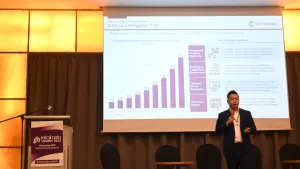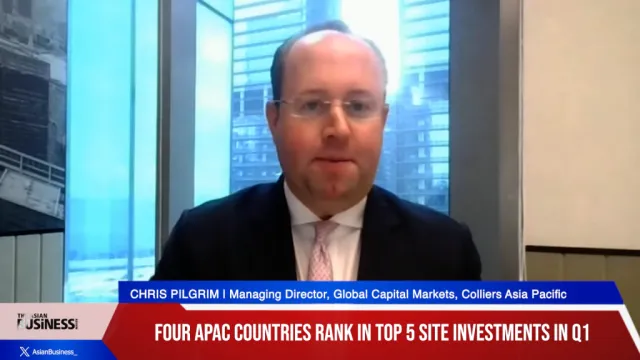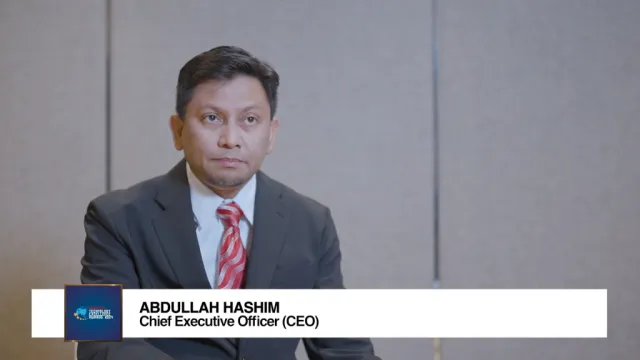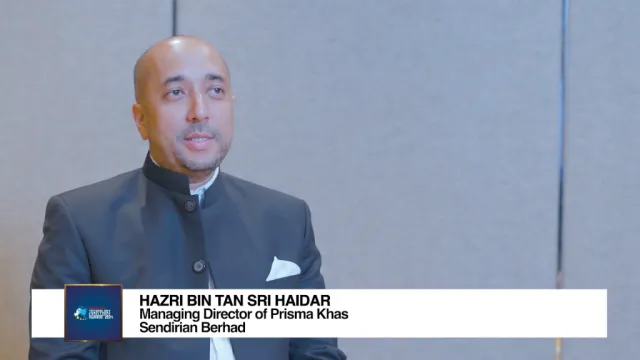
Cognitive Government for economic development
Exploring the benefits with Fadi Komati of PwC Middle East.
The concept of Cognitive Government represents a fundamental shift in the way governments around the world are approaching their missions, from setting measurable goals and making data-driven decisions to ensuring greater accountability and transparency, governments are leveraging the power of information technologies, AI, and data analytics in new and innovative ways to avail smart digital services even before its stakeholders request them. The cognitive government transformation aims at providing smarter digital services that are linked to life events such as birth, graduation, marriage , etc and hence reducing the amount of information needed to provide the services .
In the Middle East, the Gulf Cooperation Council (GCC) countries - Saudi Arabia, United Arab Emirates, Qatar, Oman, Kuwait, and Bahrain - have realised the importance of embracing digital government transformation and have already launched smart government initiatives as part of their national plans. Each of the GCC countries has developed a national digital strategy which accelerates the government reform, economic growth, and policy development.
Fadi Komati, currently a partner at PwC Middle East and a technology consulting leader, states that corporations benefit from governments adopting digital government models through the realisation of economic diversification and more sustainable economic growth within GCC countries, with such governments being positioned to achieve enhanced collaboration that facilitates information sharing and improves efficiency whilst leveraging synergies across government agencies.
On a global scale, cognitive government is now viewed as the path towards enabling national agendas, achieving economic diversification and developing a more sustainable future with the digital government being considered integral in managing and directing the process of change and reform that will boost public confidence.
Some GCC countries such as the Kingdom of Saudi Arabia (KSA) and United Arab Emirates (UAE) have already benefited immensely from their adoption of cognitive government models, and hence enabling, supporting, and delivering digital government services that are proactive, personalised, collaborative, and secure. Both countries aim at providing most of their public services through a single digital platform to achieve a whole-of-government approach in serving their citizens and businesses..
Adoption of digital government poses many challenges, such as data privacy and protection, cybersecurity and fighting off the threat of cyberattacks, organisation and cultural challenges, digital skills gaps, and societal factors.
As societies and governments move forward, these challenges will remain to be tackled, and only innovative and groundbreaking solutions and ways of thinking will help corporations and governments alike in overcoming these challenges. Digital capacity-building challenges need to be addressed through the right training programs across all levels of government, and robust and clear governance is needed to foster trust in digital public services and alter the relationship with citizens.
Fadi Komati
Digital Consulting Partner, PwC Middle East
[email protected]
LinkedIn - https://www.linkedin.com/in/fadikomati/












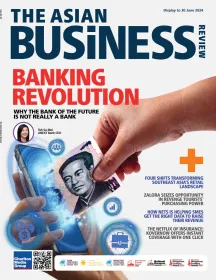
 Advertise
Advertise



